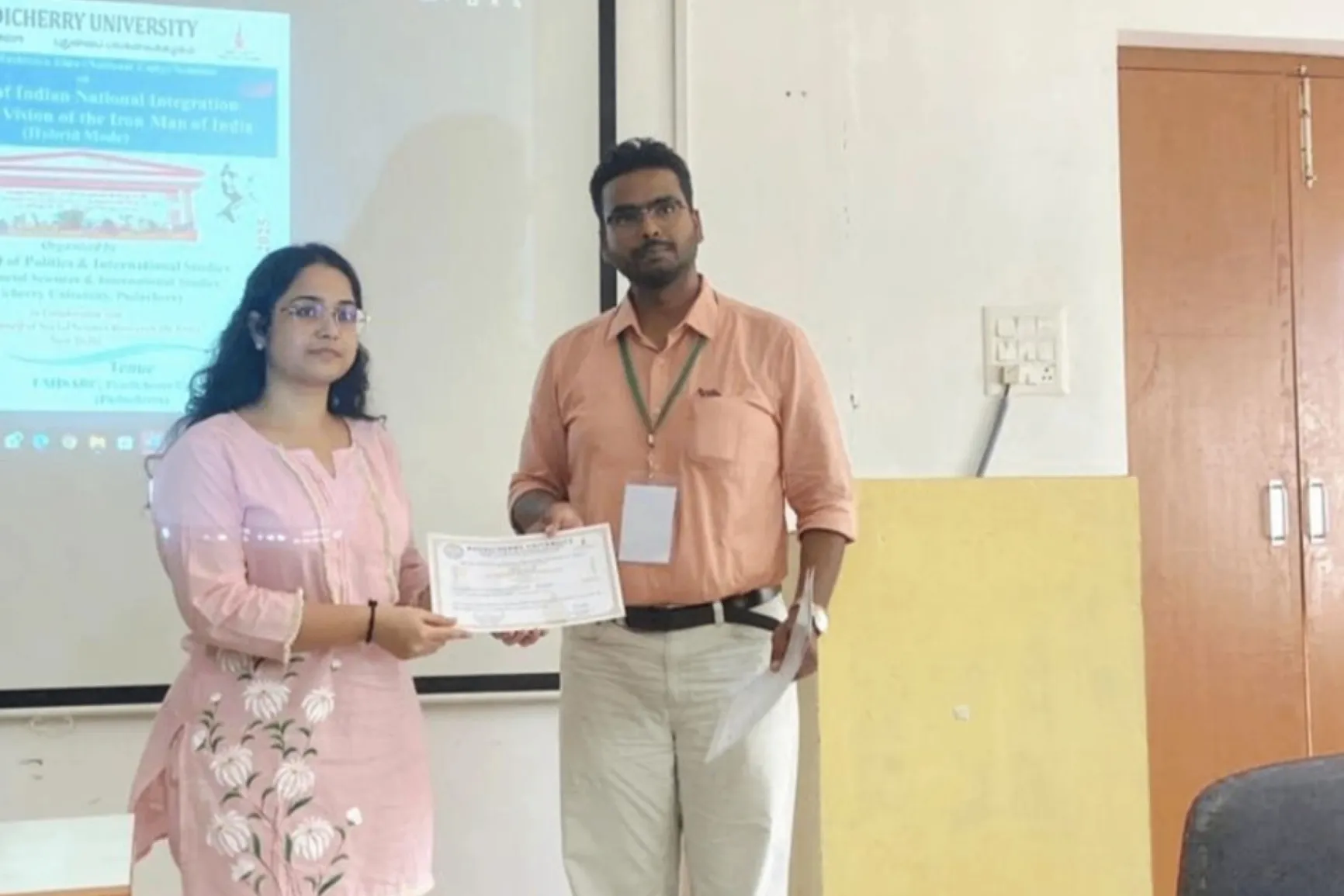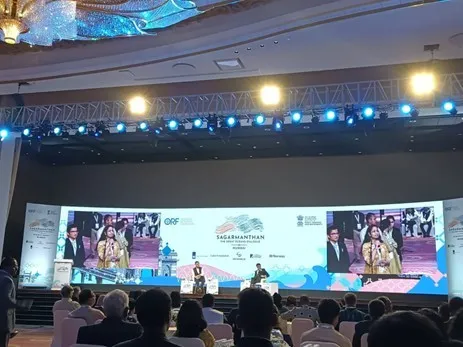“Arteries of Internet: Analysing the Assassins of Earth and Cable Colonialism”
11th CEO International Congress, Polytechnic Institute of Portalegre, Portugal.
Contact
jahnvikhubani@gmail.comSocial Media

Presently a postgraduate satellite student of Political Science and International Law, my major work revolves around these domains. My research specialisations include environmental justice and South Asian studies, with a focus on offering policy solutions to climate crisis. I aspire to become a realistically radiant researcher and a steady, distinctive voice in the world of writing.
I completed my schooling at St. Paul Sr. Sec. School, Barmer, Rajasthan, and St. Mary’s Sr. Sec. School, Jaipur, Rajasthan [Plus Two level]. I graduated from IIS (Deemed to be University), Jaipur, and I am currently pursuing my post-graduation in Political Science and International Law at the same respected institution. Green politics and political ecology, alongside a scholarly focus on the South Asian region, are the thematic tipping points of my thought stream.
International Conference on Environmental Synergies: Bridging Gaps for a Greener Future (24–25 January, 2025) — SS Jain Subodh College, Jaipur.


Paper presenter at the ICSSR Sponsored National seminar on Sardar Vallabhbhai Patel at the Pondicherry University, 21–22 August 2025.

A landmark innovation in this regard is the development of ‘Artificial Suns’ globally. They are named so because, if ignited and sustained to a level of self-sustenance, they could be an endless source of energy, like the ‘Natural Sun’ of the Solar System. They most common approach to replicate this energy generation of Sun is through nuclear fusion, which is the holy grail of nuclear energy.

Paper presenter at the ICSSR Sponsored National seminar at Pondicherry University, 21–22 August 2025.

Attending Sagarmanthan 2025 in Mumbai (27–29 October 2025) was a remarkable experience. The Global Ocean Dialogue reimagined the concept of Samudramanthan to address modern maritime challenges.
It promoted South–South collaboration and empowered emerging economies to pursue green growth and new maritime connectivity for a sustainable ocean future.

Peer-reviewed publications, conference proceedings, and synopses of selected scholarly work.
Selected peer-reviewed work and conference contributions.
11th CEO International Congress, Polytechnic Institute of Portalegre, Portugal.
Shod Savitri — International peer-reviewed journal.
Synopses of selected scholarly studies.
Arctic is a unique habitat covering a vast area of 16 million sq. km. that is expected to see its first ice-free day by 2027, transforming the white wonderland into a blue briny expanse. A 12% decadal reduction of sea ice is an unprecedented event. Over 90% of old ice has melted, and the younger ice that remains accelerates further loss. Blocking events, heat waves, increased hydrocarbon emissions and the albedo effect have made the region warm four times faster than the global average. Yet, the Arctic still struggles to command sustained global attention due to its remoteness, competing Arctic ambitions and limited representation of indigenous communities. This study analyses the reasons behind “Arctic-alienation” and argues for treating the region as a shared ecological concern requiring coordinated, collective action.
Keywords: arctic, alienation, ice, anthropogenic, international.
The destiny of humankind is increasingly shaped by the dual imperatives of digitalisation and decarbonisation. The former anticipates a future where the boundary between the digital and physical worlds dissolves and algorithmic systems influence how “developed beings” live, work and interact. This trajectory carries risks of digital pollution and an erosion of human connection, pushing societies towards subtle forms of dehumanisation. Decarbonisation, by contrast, calls for re-centring ecological limits and achieving carbon neutrality in the face of rising global temperatures. Contemporary research indicates that digital activities already account for an estimated 3.7% of global CO₂ emissions. The study explores how these two “Ds” intersect, arguing for a balanced pathway where technological progress is deliberately aligned with environmental stewardship and human dignity.
Keywords: digitalisation, decarbonisation, digital pollution, dehumanisation, divide, devices.
Ongoing and conceptual explorations in international relations and strategic studies.
“India’s Vikaasvaad vs. China’s Vistaarvaad — in the context of Southeast Asia”
“The Bharat Balancing Blueprint: Building Bonds and Breaking Binaries”
“A Puranic Interpretation of Bharat as Vishwa Bandhu”
Issued to: Ms. Jahnvi Khubani
Event dates: 24–25 January 2025
Role: Best Paper Presenter
Issued to: Ms. Jahnvi Khubani
Event dates: 4–5 April 2025
Paper: Suns on Earth: Development or Danger and the Role of Fintech in Fusion
Issued to: Ms. Jahnvi Khubani
Event dates: 22–23 May 2025
Paper: Arctic Alienation: An Abandoned Admonition
Issued to: Ms. Jahnvi Khubani
Event dates: 13–15 June 2025
Paper: Arteries of Internet: Analysing the Assassins of Earth and Cable Colonialism
Issued to: Ms. Jahnvi Khubani
Event dates: 21–22 August 2025
Organizer: Pondicherry University (DPIS) & ICSSR, New Delhi
Get in touch